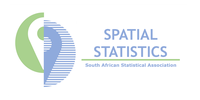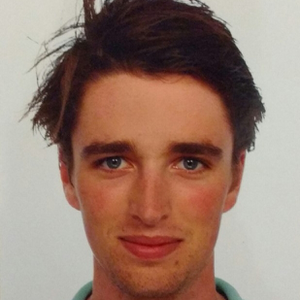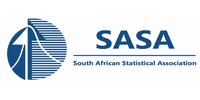Abstract
Geospatial networks are graphs embedded in geographical space. That means that both the nodes and edges in the graph can be represented as geographic features: the nodes most commonly as points, and the edges as linestrings. They play an important role in many different domains, ranging from transportation planning and logistics to ecology and epidemiology. The structure and characteristics of geospatial networks go beyond standard graph topology, and therefore it is crucial to explicitly take space into account when analyzing them.
We created the sfnetworks R package to facilitate such an integrated workflow. It combines the forces of two popular R packages: sf for spatial data science and tidygraph for standard graph analysis. The core of the package is a dedicated data structure for geospatial networks, that can be provided as input to both the graph analytical functions of tidygraph as well as the spatial analytical functions of sf, without the need for conversion. Additionally, we implemented a set of geospatial network specific functions, such as routines for shortest path calculation, network cleaning and topology modification. sfnetworks is designed as a general-purpose package suitable for usage across different application domains, and can be seamlessly integrated in tidyverse workflows.
In this seminar I will interactively introduce you to the main functionalities of the sfnetworks package. We will start with simple abstract networks but move towards applications on real-world street and river networks that we derive from OpenStreetMap. We will also take a first look at some of the new functions that are currently being worked on. You may be the first ones to see them in action!



